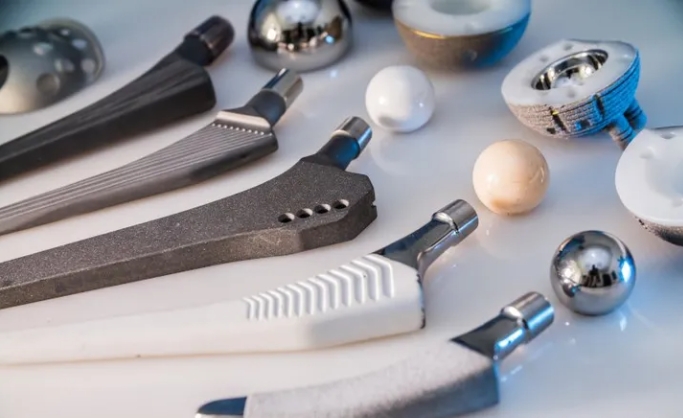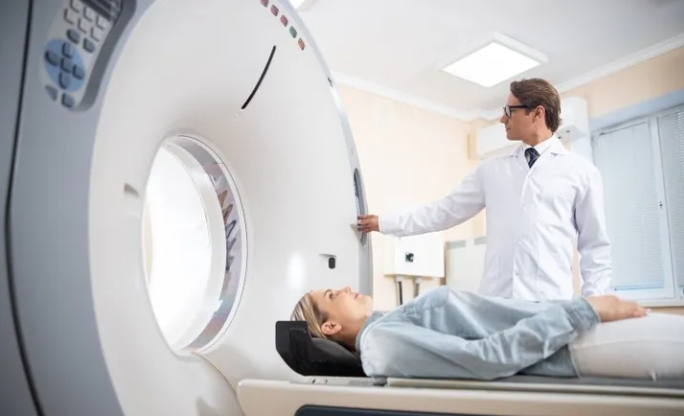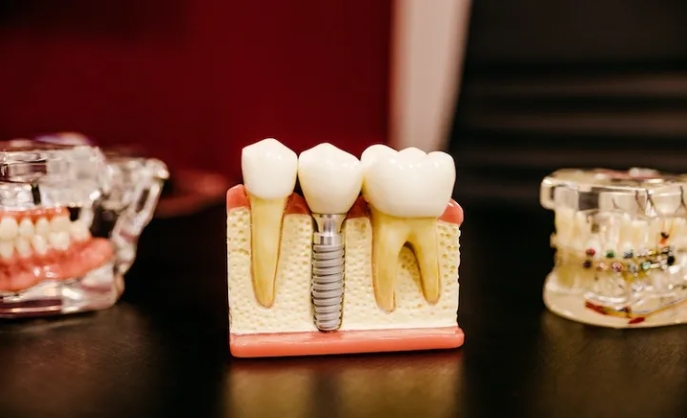Revolutionizing Industries: The Diverse Applications of CNC Machined Parts
What parts are CNC machining commonly used in?
CNC machines are dominated by CNC machining. CNC machining centres are used by many companies that process parts. What types of parts are CNC machining centers capable of processing?
CNC machining centers can process parts that have complex processes, high requirements, multiple types of machine tools, multiple tool fixtures and multiple clamping and adjustment to complete processing. Box parts, complex surfaces, plate-type components, and special processing are the main processing objects.
(1) Box parts
Box parts are parts that have more than one hole, a cavity, and a specific proportion of length, width and height. These parts are used by machine tools, aircraft manufacturers, and automobile manufacturers. The tolerances for box-type parts are high and they require a multi-station surface process and a multi-station hole system. They need to be milled, drill, expand, bore, ream, countersink, tap and go through other processes.
More tools are needed. When there are multiple processing stations, and parts that require several rotations of the table to be completed, horizontal boring and milling centers are generally chosen for machining centres that process box type parts. If there are only a few stations of processing and the span is small, a vertical machine center can be used to process one end.
(2) Surfaces with complex surfaces
In the manufacturing of machinery, and especially in the aerospace sector, complex curved surfaces are a key feature. It is difficult, if not impossible, to finish complex curved surfaces using conventional machining techniques.
It is possible that precision casting is not accurate in our country. Compound curved surfaces such as: propellers, underwater vehicle propellers, guide wheels and spheres. These are some of the more common ones:
(3) Special-shaped parts.
Special-shaped parts have irregular shapes and require multiple stations for processing. Special-shaped parts are generally of poor rigidity, with difficult clamping deformation and difficult processing accuracy. Some parts can be difficult to process with standard machine tools. To complete multiple processes, or the entire process, with a machining centre, it is necessary to use reasonable technological measures, such as one or two clampings and the characteristics of multi-station mixed processing, including surface, line and point processing.
(4) Plates, disks, sleeves and other parts.
Plate parts such as motor covers or shaft sleeves with square heads or keyways. Choose a vertical machining centre for disc parts with distributed holes and curved surfaces at the end face. For those with radial hole, choose a horizontal machine center.
(5) Parts used in the trial production of new products
The machining centre is highly adaptable and flexible. It is only necessary to input and compile a new program when changing the object to be processed.
Seven applications for CNC Machining Medical Parts Manufacturing
1. Knee implants and hip replacements
Body implants, such as hip and knee replacements, require the same level of precision. A small error during the manufacturing process could have a major impact on a patient’s health and life.
Swiss CNC machines are used to produce patient-specific components with tolerances of as little as 4mm. The CNC machining center, upon receiving a request by an orthopedic surgeon creates a reverse engineering CAD model to recreate the body part using CNC technology.
These implants must be made of biocompatible materials such as titanium and PEEK. These materials can be difficult to machine because they generate excessive heat when processed, and coolants are often forbidden due to contamination concerns. The compatibility of CNC machines with different materials helps to overcome this problem.
2. Production of surgical instruments
Specialized tools are required for complex surgical procedures. The instruments used for these procedures can range from simple scissors and scalpels to sophisticated robotic arms that are designed for minimally invasive surgery. These instruments must be made with precision. CNC machining is essential for the production of surgical instruments required for different medical procedures.
CNC machines are ideal for the production of complex surgical tools because they can produce complex geometries with tight tolerances. CNC-machined robotic-assisted instruments, for example, can ensure maximum precision and allow surgeons to perform complicated surgeries with greater accuracy.
3. Electronic medical equipment
Many medical devices such as MRI scanners and heart rate monitors feature thousands of CNC machined electronic components. Switches, buttons and levers as well as electronic enclosures and houses are examples.
These medical devices are not required to be biocompatible, unlike surgical instruments and implants. This is because they don’t come into contact with the internal organs of patients. The manufacturing of these components is still heavily regulated and controlled by several regulatory agencies.
Machine shops that fail to adhere to the standards set forth by these regulatory agencies may be subjected to heavy fines and even prison time. In some cases, medical professionals have had their licenses revoked. You must therefore choose your medical devices manufacturer carefully.
4. Customized prosthetics
Prosthetics is a perfect example of how personalization is important. Traditional mass production methods often fail to provide the perfect fit for patients who require prosthetic devices.
CNC machining has revolutionized the prosthetics industry, allowing for the creation of custom devices that are based on the unique physiological characteristics of each patient. CNC machines are able to create intricate prosthetics and precise dimensions using 3D scanning and computer-aided design (CAD) models. This ensures optimal comfort and functionality for patients.
By using CNC technology, high-precision prosthetics are produced, which ensure comfort and functionality.
5. Small ortho hardware
In the medical field, orthopedic devices like plates, screws and rods, are used to replace or repair damaged joints and bones. These devices are vital to patient recovery and must therefore be made with precision and high quality.
The production of orthopedic devices is a crucial process that relies on CNC machining. The CNC technology is ideal for producing these devices, as it can machin complex geometries at high precision. CNC machining is also capable of handling a wide range of biocompatible materials including titanium and stainless-steel, which are commonly used for orthopedic devices.
6. Medical device prototypes
Prototypes are essential for testing and validating medical devices before mass production. CNC machining is a cost-effective and fast way to produce medical device prototypes. Engineers can quickly create multiple iterations to test and improve devices. This ensures they are safe, effective, and meet regulatory requirements.
This is a critical capability in the fast paced world of medical devices development. The ability to bring new products quickly to market can give a competitive advantage. CNC machining is also able to produce prototypes in low volumes, which allows manufacturers to reduce waste and material costs.
7. Dental implants and tools
Custom dental implants and tools are created using CNC machining. The precision of treatments is a key factor for dentists all over the world who rely on CNC technology. This technology is perfect for durable instruments like drills, scalers probes and forceps which are vital for a wide range of procedures.
These devices must be extremely durable to ensure patient safety and to withstand the sterilization process. CNC manufacturing ensures repeatability and quality control to ensure that every tool meets the highest standards.
Dental implants are a permanent solution to missing teeth. They require precision customization with CNC manufacturing technology. The implants are made based on digital scanning, which ensures a precise and personalized fit. CNC machining is revolutionizing the production of dental restorations, and has improved treatment outcomes.
CNC technology allows for precise and effective modifications by utilizing materials like titanium and zirconia.
Anebon’s goal is to understand excellent disfigurement from the manufacturing and supply the top support to domestic and abroad clients wholeheartedly for 2022 High quality Stainless Steel Aluminum High Precision Custom Made CNC Turning, Milling, Machining Spare Part for Aerospace, In order to expand our international market, Anebon mainly supply our oversea customers Top quality performance mechanical parts, milled parts and cnc turning service.
China wholesale China Machinery Parts and CNC Machining Service, Anebon upholds the spirit of “innovation, harmony, team work and sharing, trails, pragmatic progress”. Give us a chance and we will be going to prove our capability. With your kind help, Anebon believe that we can create a bright future with you together.
If you want to know more, please contact info@anebon.com


